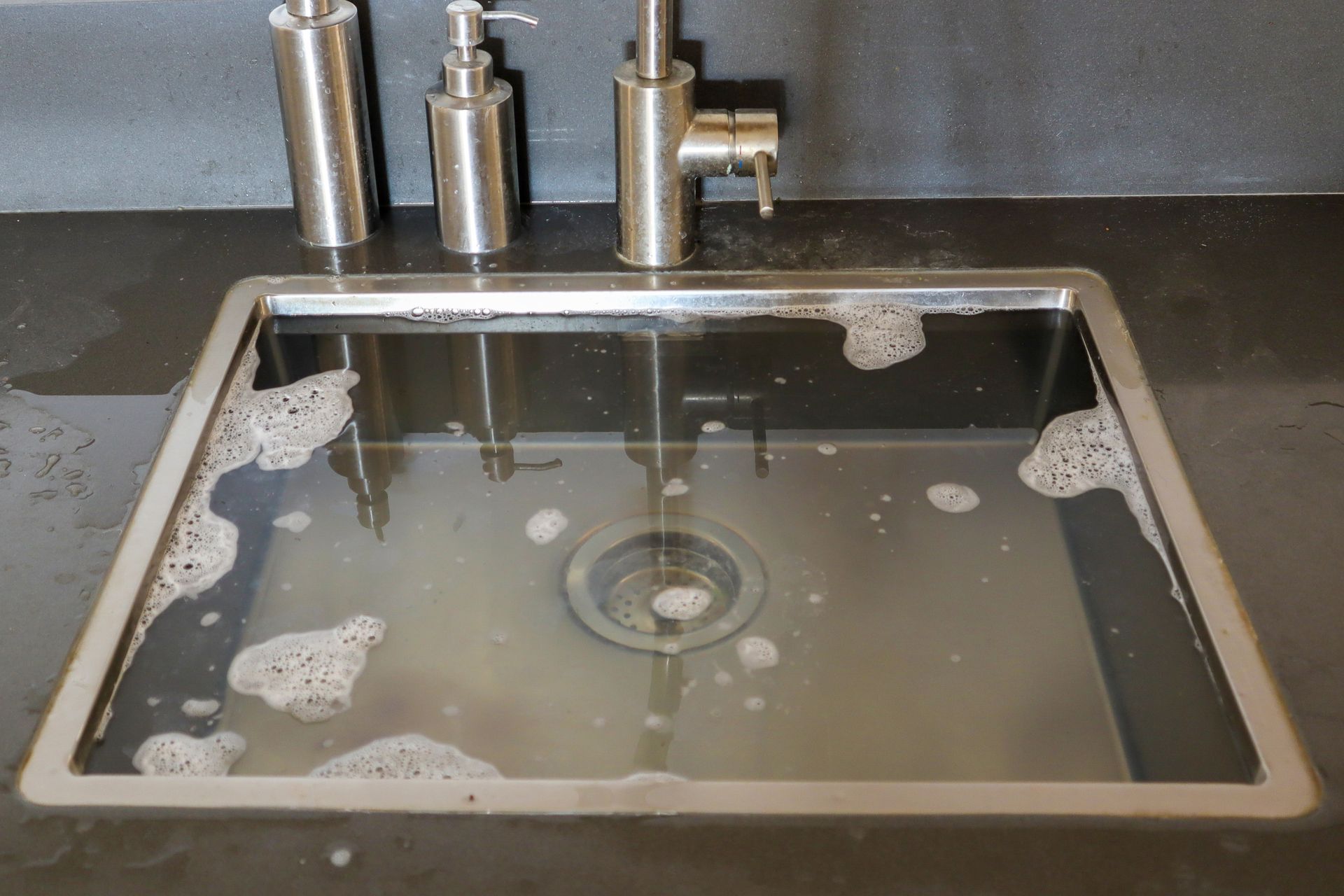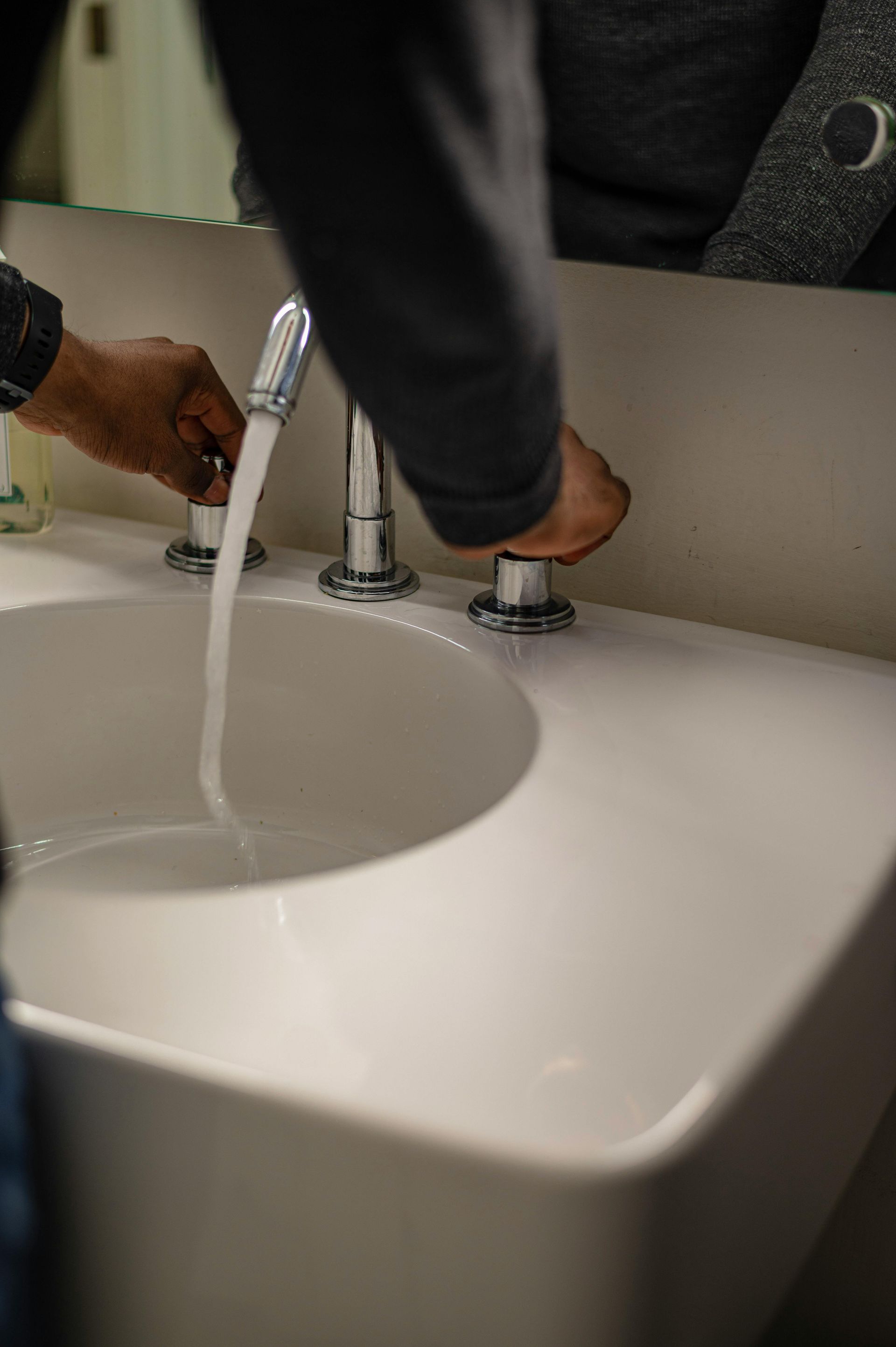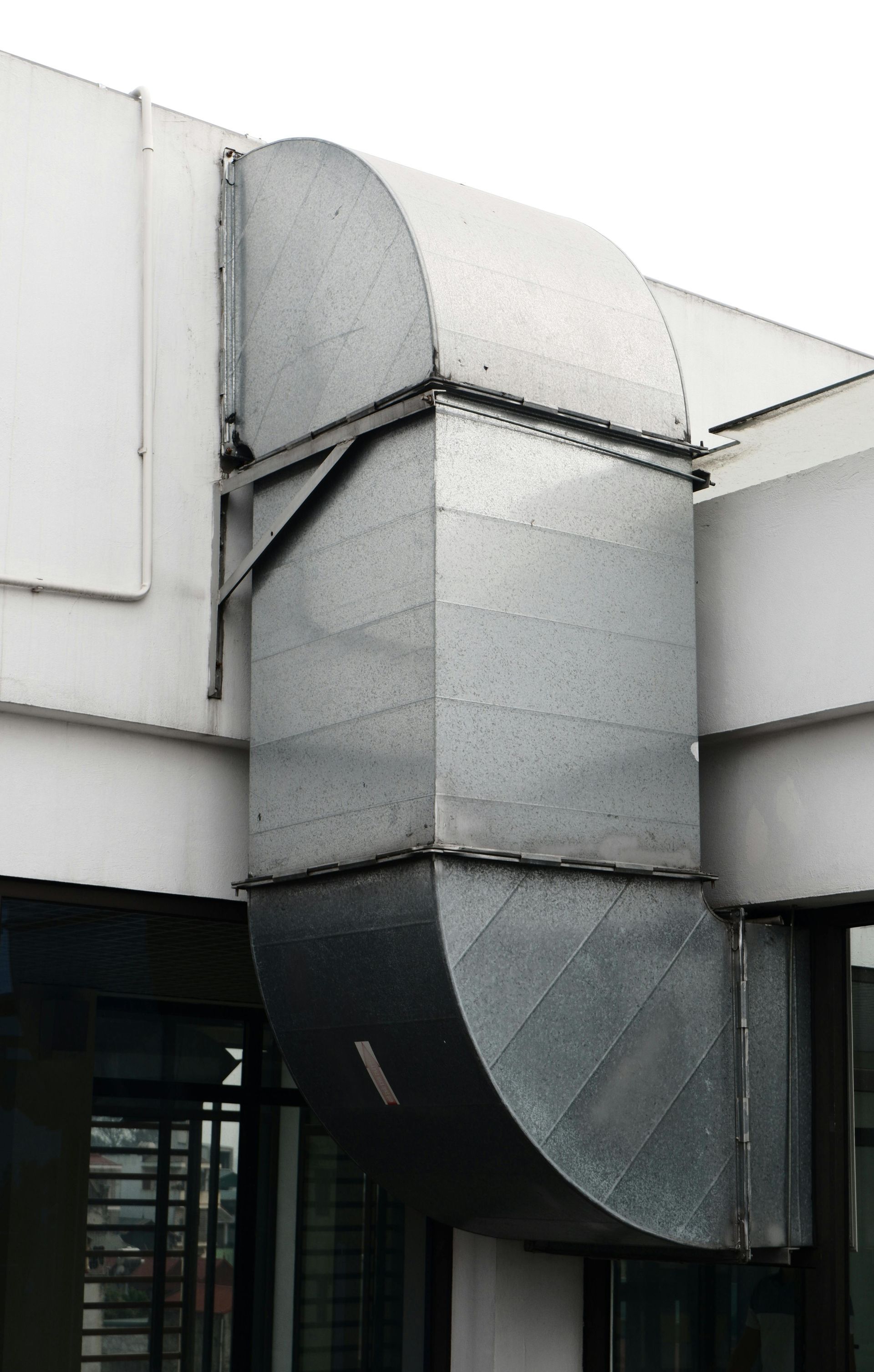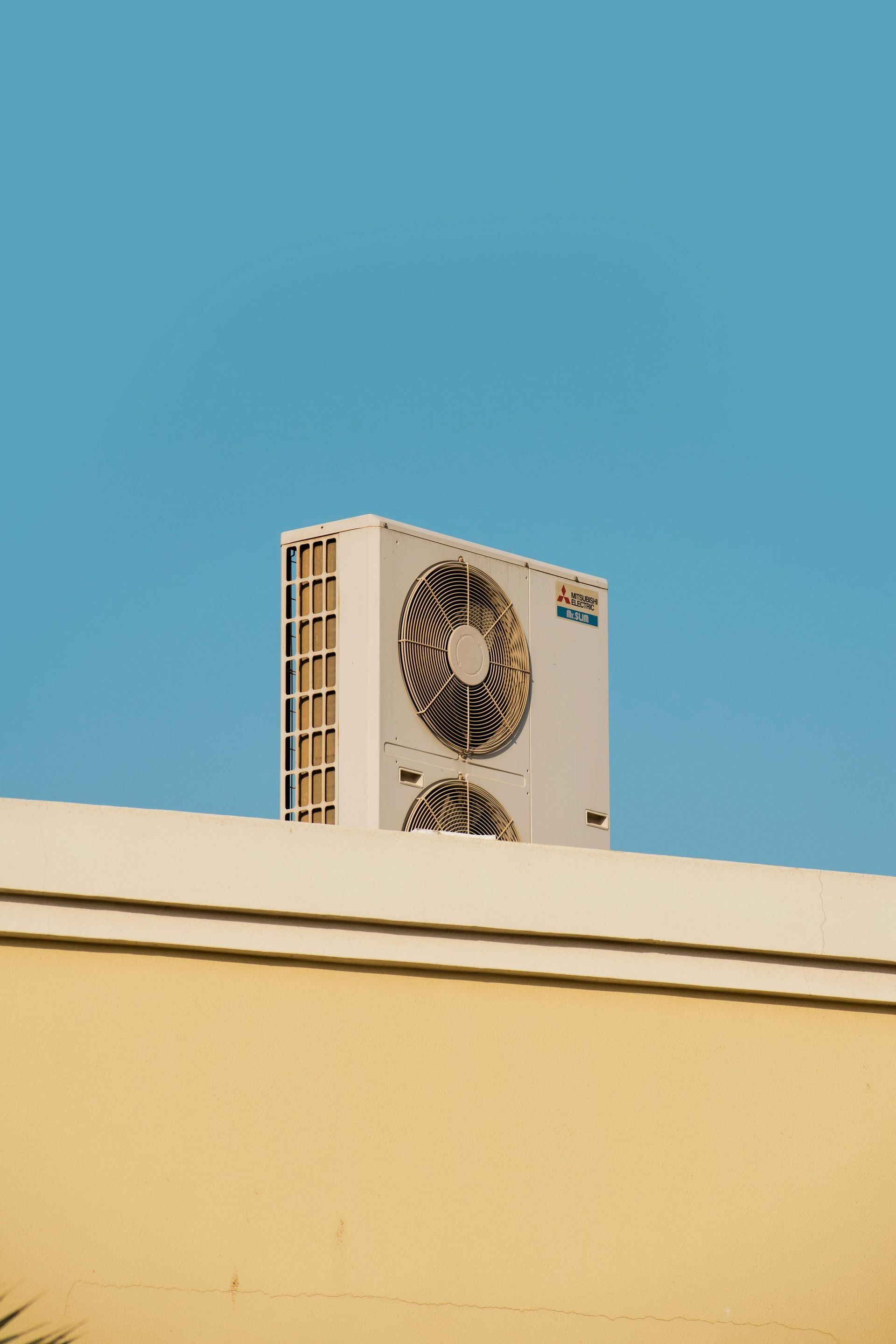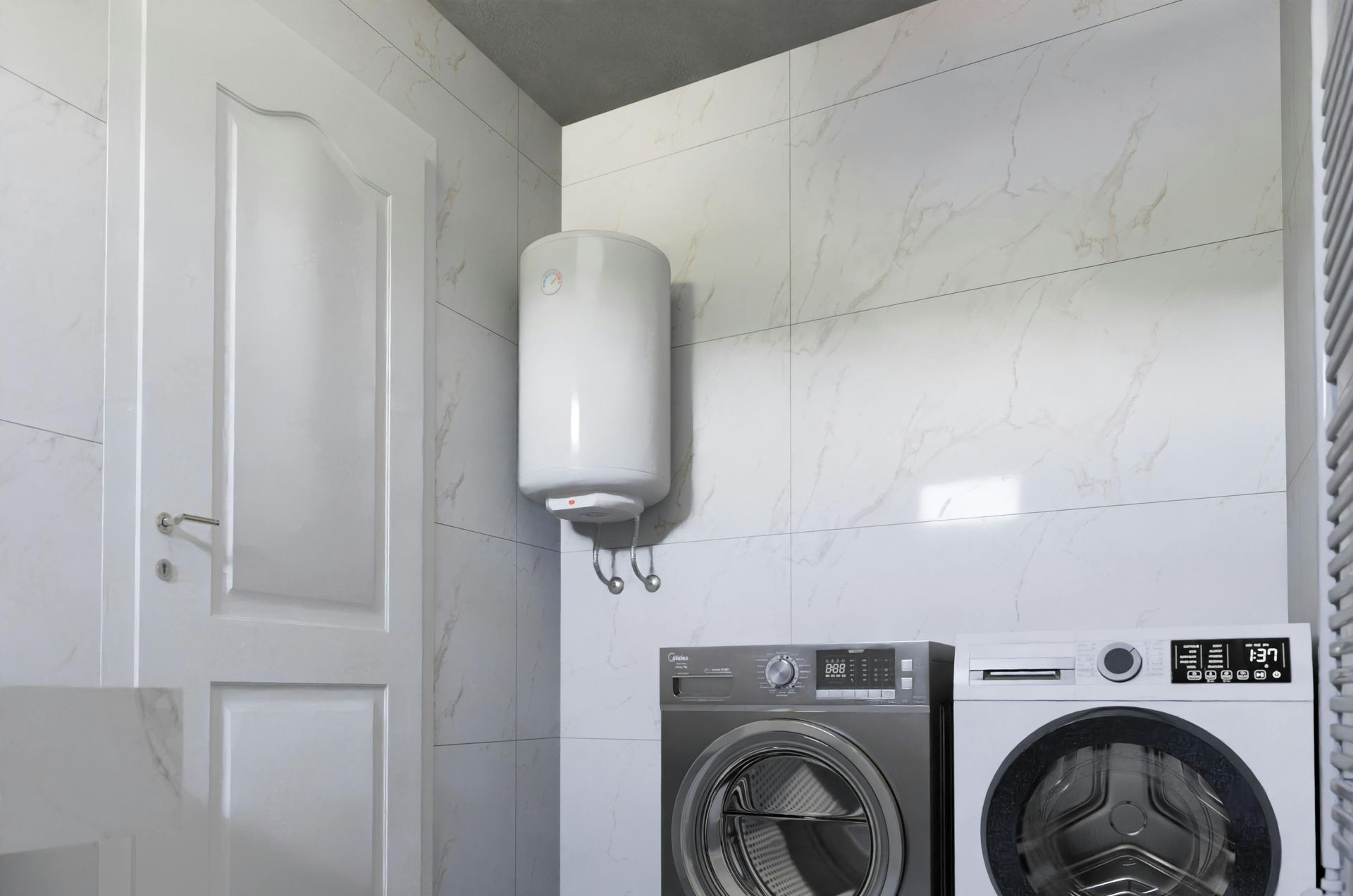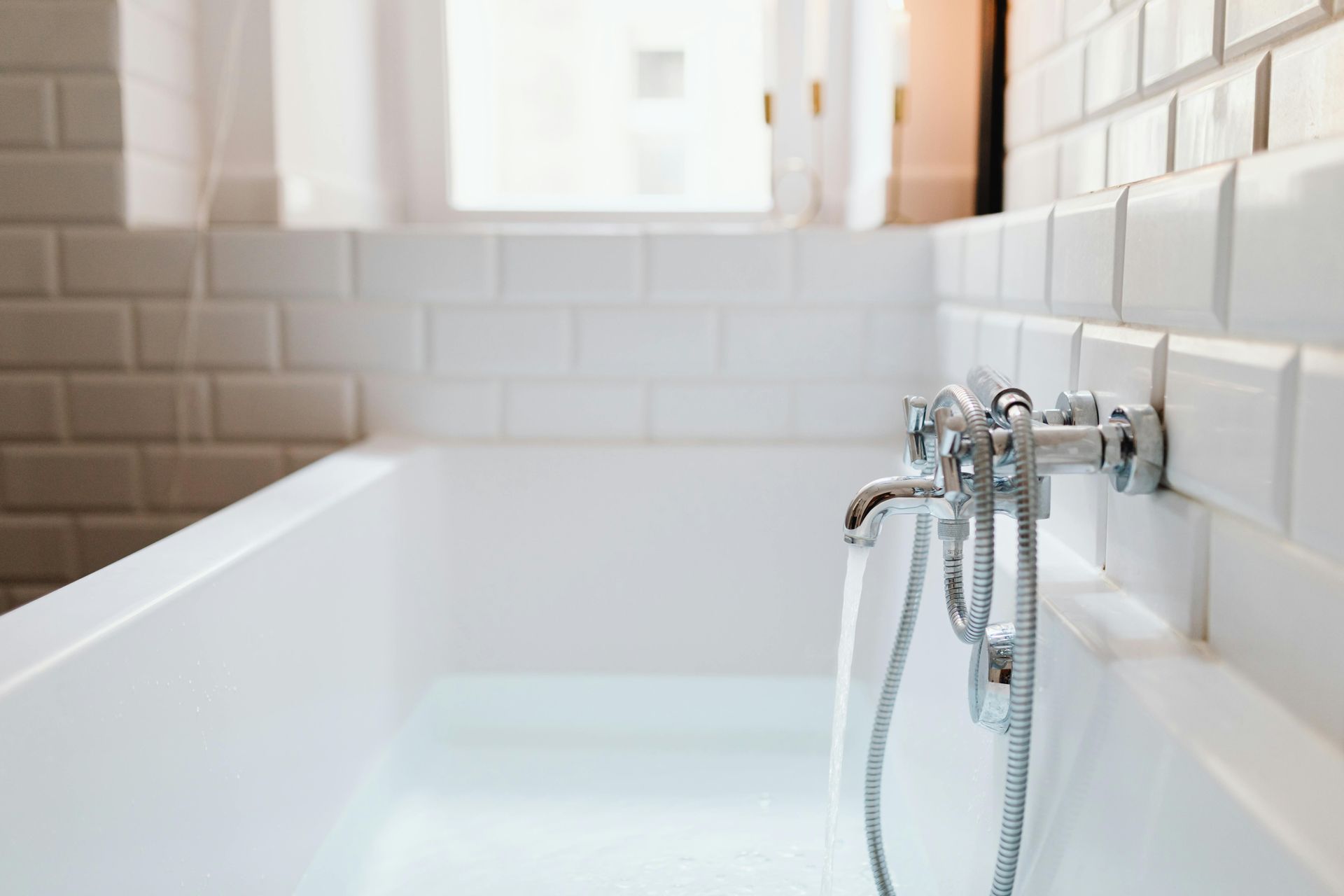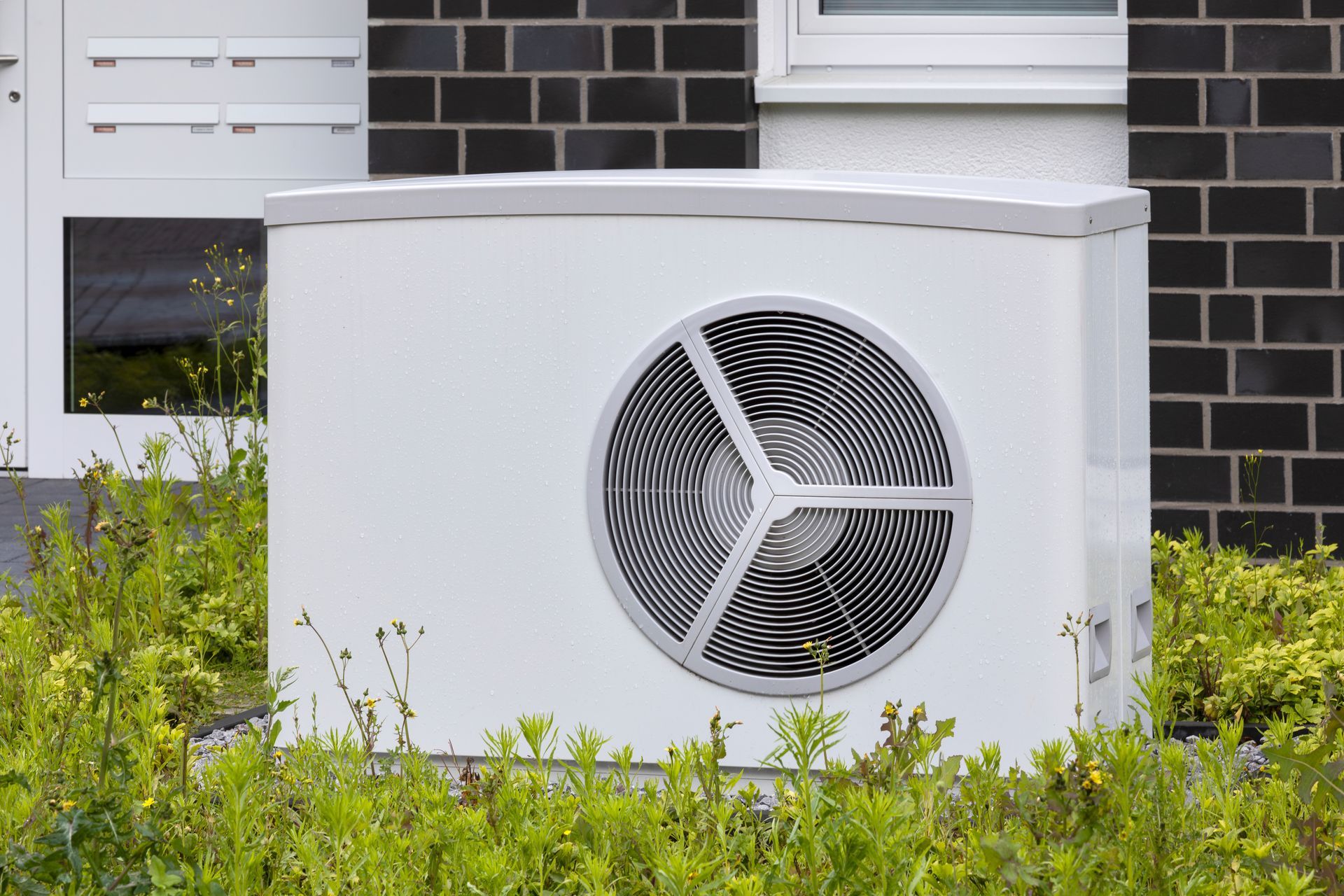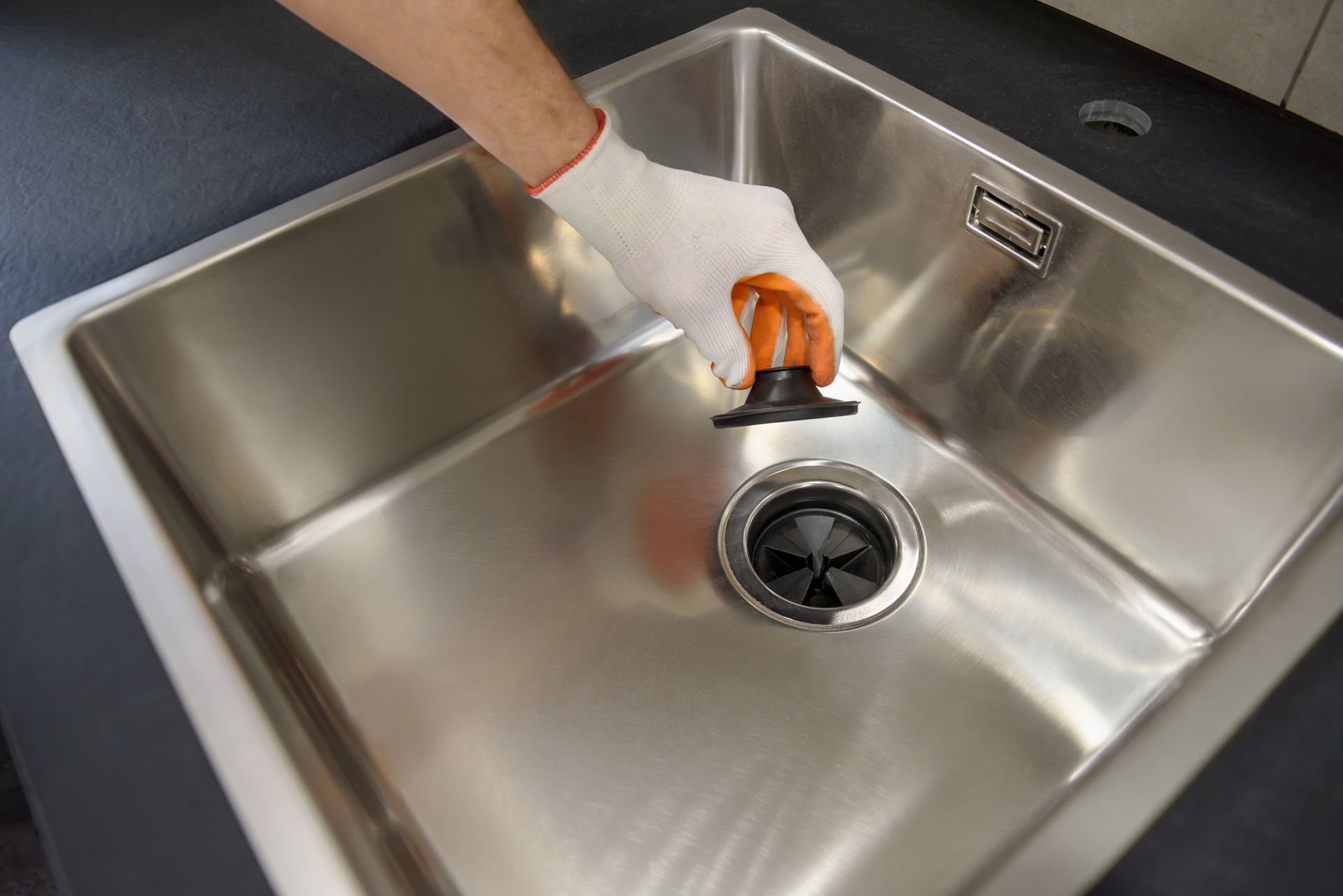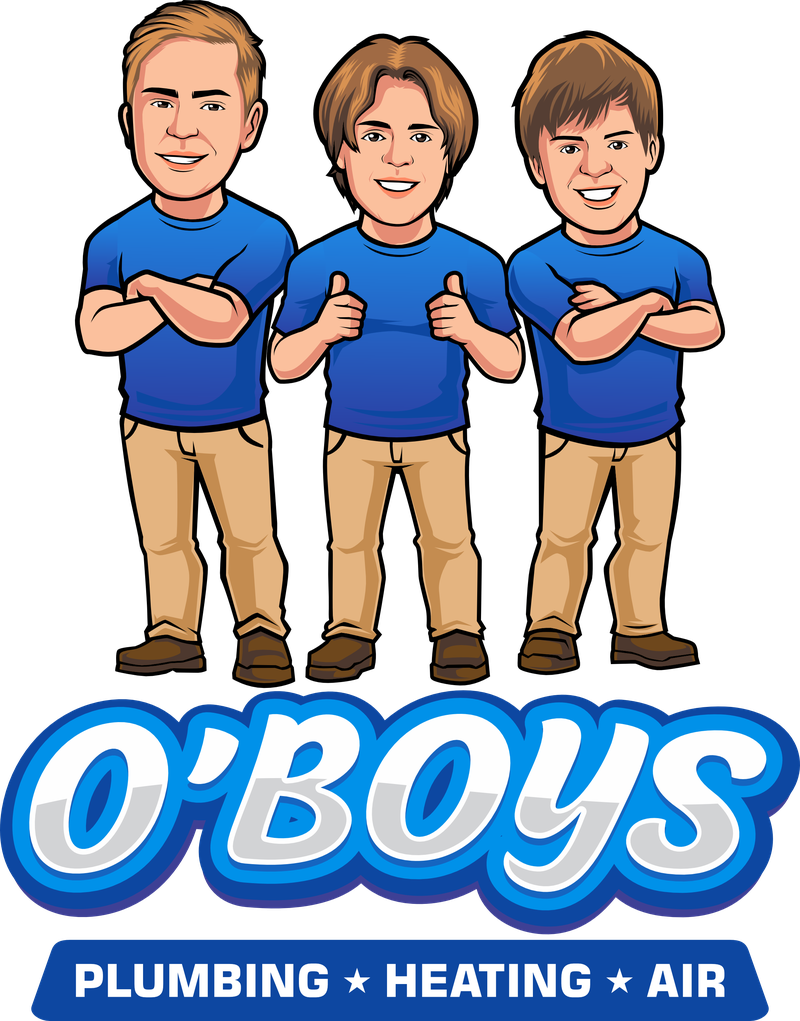When it comes to purchasing a new heating and cooling system for your home, there are many options out there to choose from. One factor that will play a big role in the overall system that you choose is whether it makes you eligible for a tax incentive. Understanding the different HVAC tax credits available can help you make a better-informed decision on which heating system or new air conditioner to purchase for your home.
How Do Tax Credits Work?
It’s important to note that tax credits provide a dollar-for-dollar reduction in the amount of federal taxes owed. For example, if you purchase a new HVAC system that qualifies for a $1,800 tax credit and you owe $2,000 in federal taxes, your tax liability could be reduced to $200. However, if your tax liability is lower than the credit amount, you may not receive the full benefit in the same tax year.
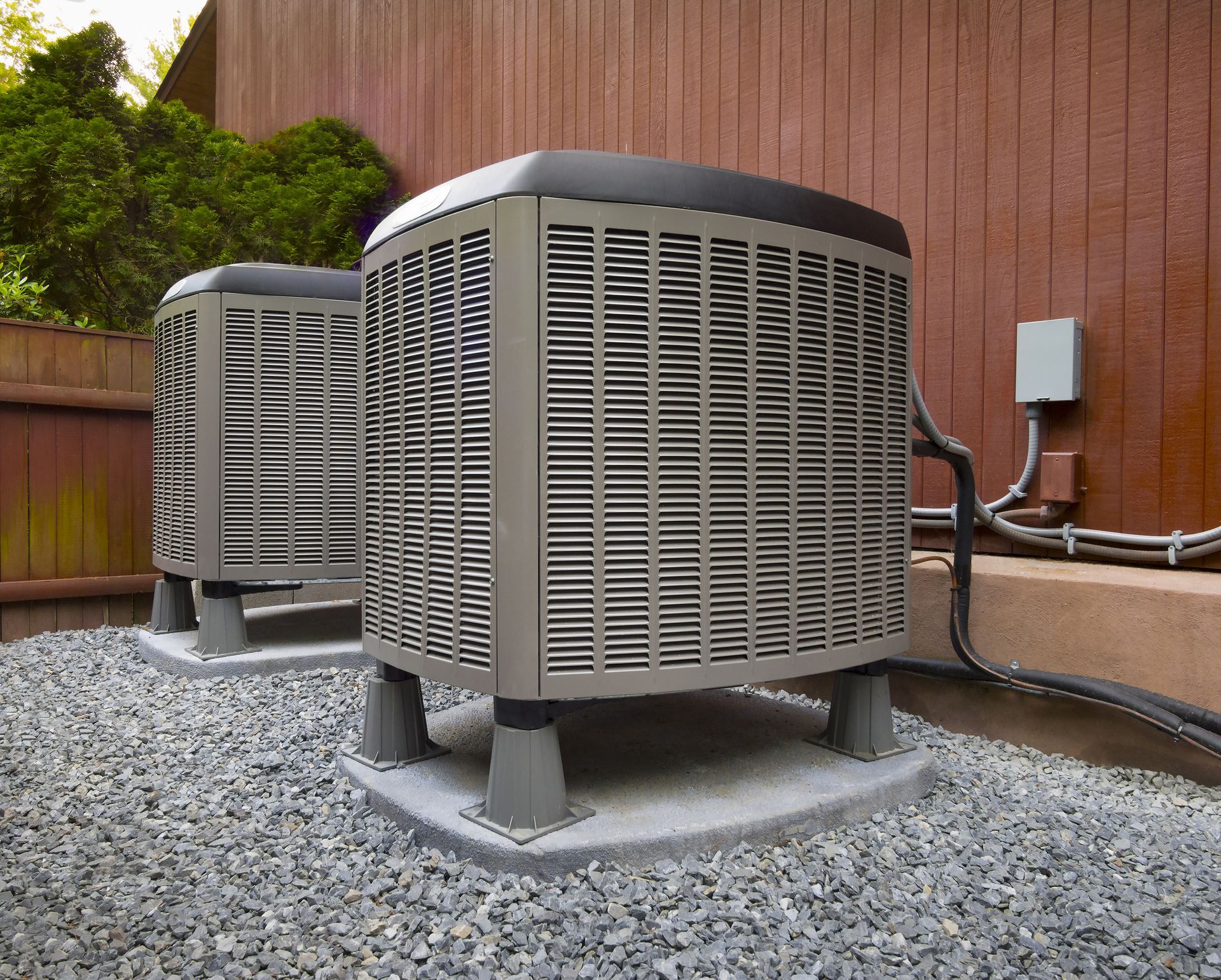
The Inflation Reduction Act of 2022
The federal government is offering tax incentives under the Inflation Reduction Act of 2022. This program allows homeowners to claim a tax credit for a portion of the cost of their new HVAC system on their federal tax returns through 2032. To qualify, the HVAC system must be ENERGY STAR certified and meet or exceed the Consortium for Energy Efficiency’s (CEE) highest efficiency tier. A list of eligible systems is available on the ENERGY STAR website.
How Much Can You Deduct?
The amount of the tax credit varies based on the type of HVAC system purchased and its cost. In general, homeowners can deduct up to 30% of the total cost, including labor, up to a maximum set amount:
Heat pumps: Up to $2,000
Central air conditioners, furnaces, and boilers: Up to $600
These limits apply per year, meaning homeowners can claim additional credits in future years if they install other qualifying equipment.
IRS Form 5695
To claim the tax credit, homeowners must complete IRS Form 5695 and submit it with their federal tax return. This form calculates the credit amount and ensures compliance with IRS guidelines. Energy Efficiency Home Improvement tax credits cannot be carried over from year to year.
However, credits claimed under the Residential Clean Energy Credit may be carried forward if not fully used in one tax year. It is important to consult with a tax professional for specific guidance on eligibility.
Maximum Claim Amount
The maximum amount of tax credits a homeowner can claim under this program is $3,200 per year. If the total credit exceeds this amount, the homeowner can carry over excess credits into the next tax year, but they will not receive a refund for any unused portion.
For example, if a homeowner’s total tax liability is $1,000 but they qualify for a $3,000 tax credit, they can apply $1,000 to their current tax bill and carry over the remaining $2,000 to the following tax year. However, they will not receive a direct payment or refund for the excess amount.
What HVAC Systems are Eligible?
Four main types of heating and cooling systems qualify for the federal tax credit:
1. Air-source heat pumps:
Homeowners in northern states must purchase an ENERGY STAR Cold Climate certified heat pump with a SEER rating greater than 10.
Maximum credit: 30% of cost, up to $2,000.
2. Central air conditioners:
Must have a SEER2 rating of at least 16.
Maximum credit: 30% of cost, up to $600.
3. Natural gas and oil-burning furnaces:
Gas furnaces must have an AFUE rating of at least 97%.
Oil furnaces must be rated to use at least 20% renewable diesel, biodiesel, or second-generation biofuel.
Maximum credit: 30% of cost, up to $600.
4. Boilers (oil, propane, and natural gas):
Gas and propane boilers must have an AFUE rating greater than 95%.
Oil boilers must use at least 20% renewable fuel blends.
Maximum credit: 30% of cost, up to $600.
A Note on Rebates
Homeowners may also be eligible for rebates from local utility companies or state governments when purchasing an energy-efficient HVAC system. Available rebates vary by location and provider. ENERGY STAR’s Rebate Finder can help identify regional incentives.
Unlike tax credits, rebates typically involve submitting proof of purchase to the rebate provider, such as a local utility company or government agency. Rebates may be issued as a check, direct deposit, or utility bill credit. Utility companies most commonly apply the rebate as a bill credit rather than sending a direct payment.
Helpful HVAC Service
O'Boys Plumbing, Heating & Air offers quality HVAC service to the Blaine, MN area. We can also help with all your air conditioning, heating, plumbing, humidifier, indoor air quality, and air exchanger needs.
Call our team at O'Boys Plumbing, Heating & Air today to book your next service appointment.
Disclaimer: This article is for informational purposes only and should not be considered tax advice. HVAC tax credits are subject to change based on federal regulations. Homeowners should consult a licensed tax professional or visit the IRS website for the most up-to-date information regarding tax credit eligibility and filing requirements.
